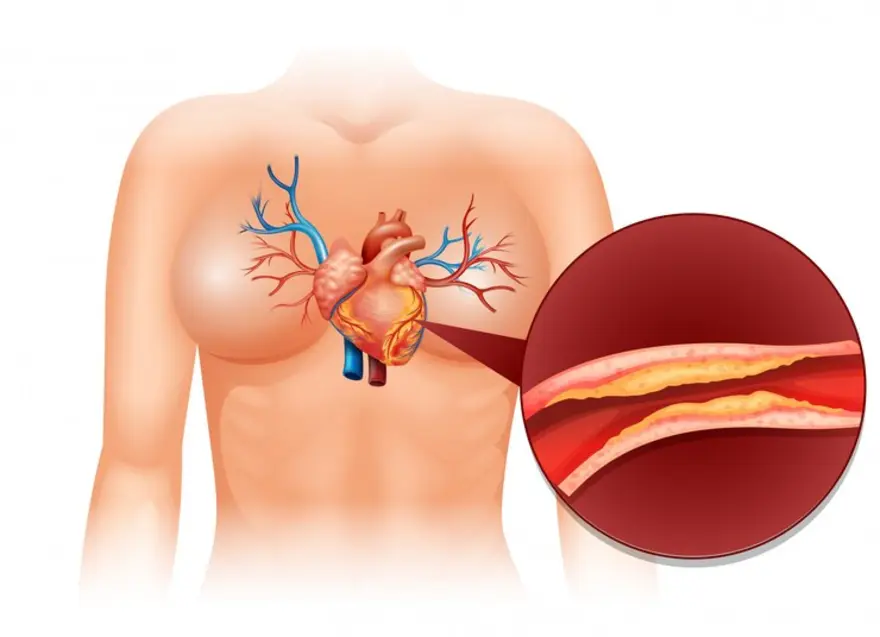Covid monitoring tests
COVID Monitoring Tests: What do they mean and why do you need them?
With the second wave of the pandemic sweeping across the nation, many of us continue to be affected by the unpleasant sickness and the after effects. It is quite likely to be anxious with the Social Media University spreading irrational, non-scientific information and nerve-wracking media coverage around COVID-19. However, it is important to note that nearly 80-85% of coronavirus cases have mild disease and can be taken care of under home isolation. Not every COVID positive person requires oxygen support or hospitalization. What you just need to pay attention to is to take extra care of yourself, monitor oxygen levels, be in touch with a doctor, and get COVID-19 monitoring tests done as and when advised. What are COVID Monitoring Tests? As per various research and studies, a bunch of laboratory tests including blood parameters, inflammatory markers, coagulation parameters, liver enzymes, etc., gives an insight into the severity of COVID illness and can be used by your doctor as the prognostic indicators.In simple words, these lab tests provide an overall picture of how COVID-19 has impacted your vital organs and normal body processes, how likely you are to develop moderate or severe disease, or need hospitalization, or have you already started getting better. Book a COVID Monitoring Profile and get tested at home. Who might need COVID Monitoring Tests? People with mild disease in early days of sickness to get the baseline values People with mild disease who continue to have symptoms beyond day 5-7 and doctor feels that the disease might be progressing People with moderate or severe disease to be started on a treatment regimen COVID suspect or positive people who continue to experience oxygen levels less than 93% People with severe disease before discharge Any other conditions Please note that COVID monitoring tests can be required for both- people under home care or hospitalized. What tests are included under COVID Monitoring Profile? Routine Blood Parameters Research suggests blood markers like complete blood count (CBC), leukocytes, platelets, eosinophils, neutrophils-lymphocytes ratio (NLR), erythrocyte sedimentation rate (ESR) correlate with disease severity in COVID. For example, COVID positive people are likely to have decreased levels of leukocytes and platelets. Similarly, NLR levels more than 3.5 (along with some other biomarkers explained below) might indicate that the disease is not mild. Inflammatory markers COVID-19 can evoke a serious hyperinflammatory response and cytokine storm, a cause of major concern. Hence, it is important to track certain biomarkers that can indicate towards systemic inflammation, chiefly including C-reactive protein (CRP), lactate dehydrogenase (LDH) and Interleukin-6 (IL-6). Of these, CRP seems to be the most important one in guidining therapy as per some experts. In general, a CRP level of less than 26 mg/L is considered a mild disease, levels between 26-100 mg/L indicate moderate COVID and more than 100 mg/L point towards severe COVID disease. Please note that these markers get increased in case of any acute inflammation. So, it is important to rule out other causes or any secondary infection while taking the test results into account. Cardiac, kidney, or Liver damage markers Besides targeting your lungs, COVID-19 can also impact the other vital organs such as heart, liver and kidneys. In some of the study models, cardiac injury is significantly and independently associated with mortality. People with moderate or severe COVID illness have also been seen to have high creatinine and blood urea levels in some studies. It is all the more important to track the heart, liver and kidney related markers for people having comorbidities like heart disease, diabetes, or kidney disease. Coagulation parameters Coagulation parameters include D-dimer, ferritin, prothrombin time, etc. As per research, D-dimer level is a reliable prognostic marker and increased D-dimer levels on admission are linked to patients needing critical care support. About D-Dimer test D-dimer is a small piece of protein that is made when a blood clot dissolves in your body ( through a process called fibrinolysis). Blood clotting is an important process. It prevents loss of blood when you are injured. Usually, once the injury is healed, the clot is dissolved by your body. But if someone has a blood clotting disorder, blood clots can form in absence of an obvious injury or they won't go away. These clots can travel in the blood, block important blood vessels, and even prove life-threatening. A D-dimer test looks for D-Dimer levels in blood and is most often used to find out whether you have a blood clotting disorder. An excess of D-Dimer can indicate towards the activation of coagulation and following fibrinolysis. COVID-19 is likely to induce clot formation. The presence of comorbidities is a risk factor too. D-dimer is commonly elevated in patients with COVID-19, especially in older people and those with comorbidities. These are high-risk groups that are likely to develop severe COVID-19 disease if infected. Rule out the possibility of any derangement in these biomarkers with a single Metropolis COVID Monitoring Profile. Book Now. Always get your test results interpreted through a healthcare provider. Stay at home, stay safe. For all lab test-related needs, visit Metropolis.
 Home Visit
Home Visit Upload
Upload















 WhatsApp
WhatsApp